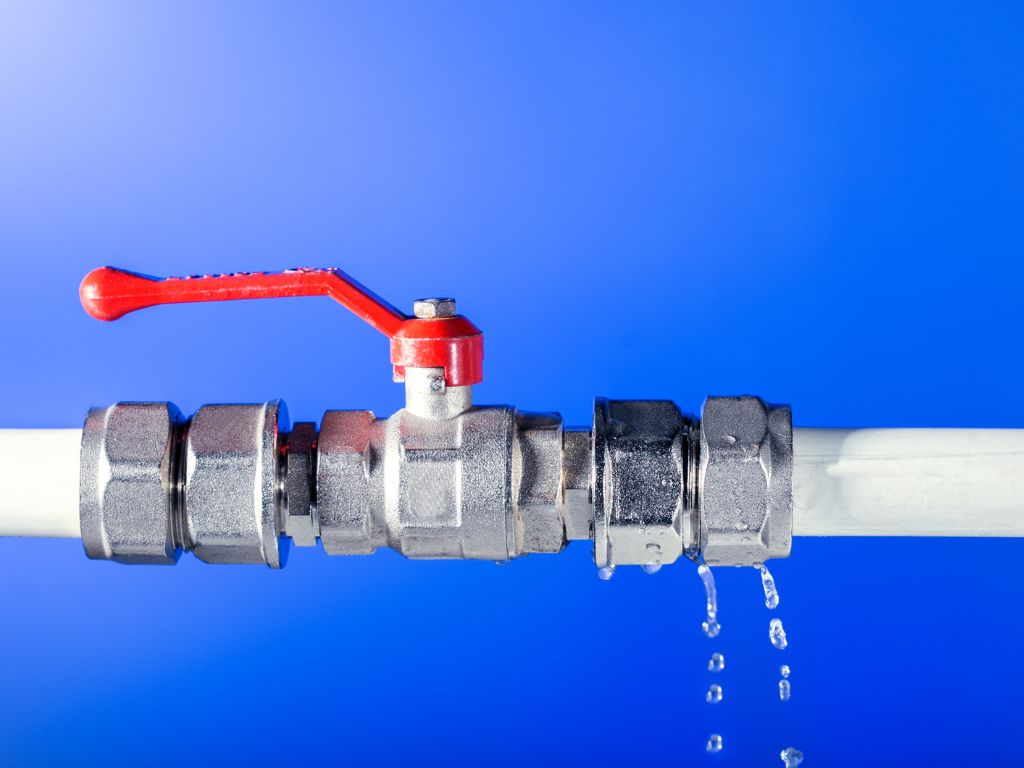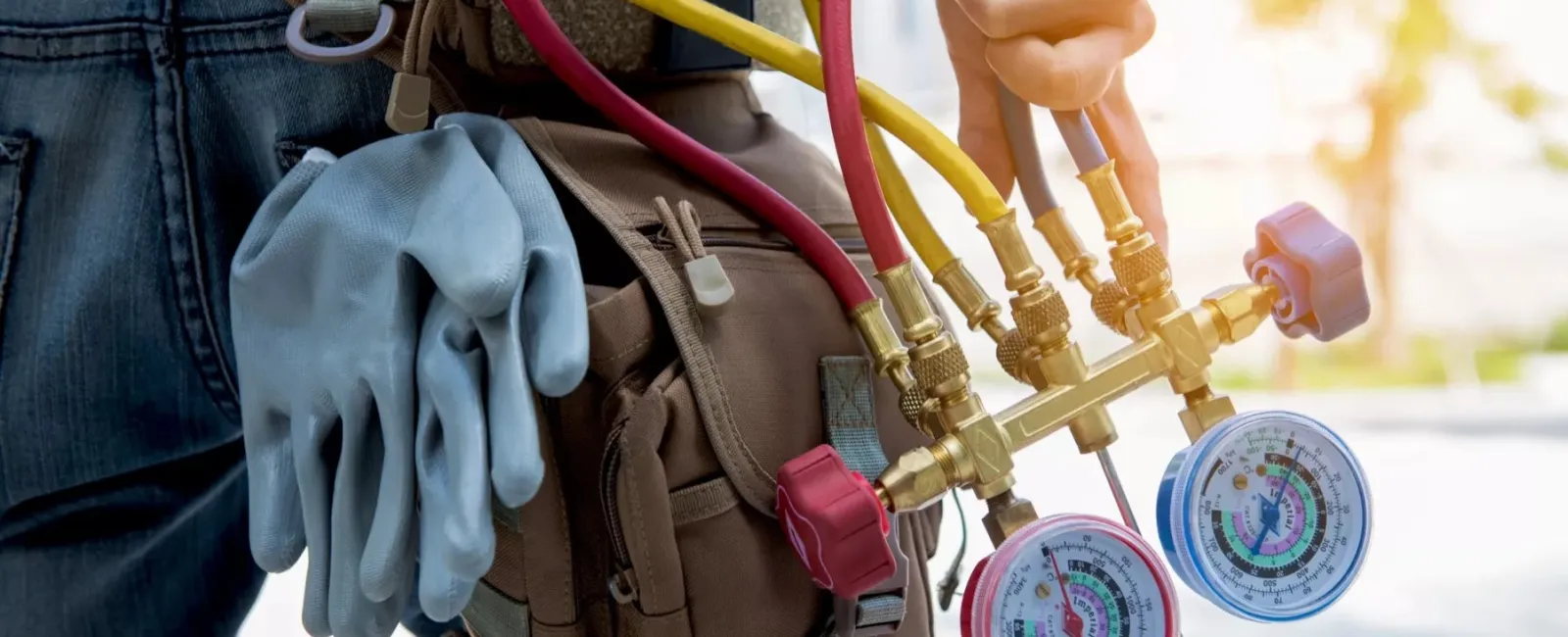Important Fixes for Emergencies: How to Until Support Arrives
Important Fixes for Emergencies: How to Until Support Arrives
Blog Article
Were you trying to find related information involving What to Do During a Plumbing Emergency?

Pipes emergency situations can strike any time, creating anxiety and potential damage to your home. Whether it's a ruptured pipeline, a stopped up drain, or a leaky faucet, recognizing exactly how to handle the situation until a specialist plumbing professional shows up can save you from further complications. This article gives necessary emergency pipes pointers to help you minimize damages and restore control during a pipes dilemma.
Shut off the Water Supply
The very first step in any type of pipes emergency situation is to turn off the supply of water. For localized concerns, such as a dripping tap or bathroom, turn off the shutoff near the component. When it comes to a major leakage or burst pipeline, situate your home's primary water shut-off valve and transform it off promptly. Knowing the area of these valves ahead of time can conserve valuable time throughout an emergency.
Address Tiny Leaks with Temporary Solutions
Small leakages can rapidly come to be considerable troubles if left unattended. Make use of these short-term solutions until specialist help gets here:
While these repairs aren't irreversible, they can assist decrease water loss and damage.
Unclog Drains Pipes Securely
A blocked drainpipe can be a frustrating and messy problem. Below's exactly how to tackle it:
If these approaches don't work, prevent making use of too much force, as it may aggravate the obstruction.
Handle Overflowing Toilets
An overflowing toilet can cause prompt disorder. Below's what you must do:
Shut Off Your Hot Water Heater
In particular emergency situations, such as a ruptured pipe, it's a good idea to shut off your water heater. This protects against getting too hot or damages to the system when water stops flowing. Switch off the power supply to the hot water heater (electric or gas) and let it cool down to stay clear of prospective hazards.
Momentarily Quit a Burst Pipe
A ruptured pipeline can result in significant water damages in mins. To reduce the issue:
Call an expert plumbing instantly to address the trouble permanently.
Handle Frozen Water Lines Thoroughly
In colder environments, frozen pipelines are a typical emergency situation. If you presume a frozen pipeline:
Stop More Damage
Taking fast action to decrease damage can conserve you time and money over time. Here's exactly how:
. Have an Emergency Situation Pipes Set
Prepare a standard pipes emergency set to take care of minor problems properly. Your kit must consist of:
Having these tools available can make a considerable distinction in your ability to manage emergency situations.
Know When to Call a Specialist.
While quick fixes can help momentarily, certain plumbing concerns require instant specialist attention. Call a plumbing technician if:.
Immediately speaking to a professional guarantees the problem is settled correctly and avoids additional difficulties.
Verdict.
Pipes emergencies can be overwhelming, however with the ideal expertise and tools, you can take care of the situation efficiently up until aid gets here. By turning off the water supply, dealing with small leaks, and using short-term repairs, you can lessen damages and maintain your home safe. Keep in mind, these suggestions are momentary remedies; constantly get in touch with a qualified plumbing professional to handle the root cause of the problem. Preparation and quick thinking are your best allies in any pipes emergency situation.
8 Helpful Tips for Managing Plumbing Emergencies at Home
If your plumbing system hasn’t failed once, wait for it because almost everyone has a story to tell. Sometimes, it could be simple emergencies such as a leaking pipe, a blocked cistern, or even a big burst pipe. In situations like this, you need to have some handy tips to save you some money and from possible damages.
Take care of minor issues early.
Sometimes, you could have avoided an emergency by taking proactive measures while it was still early. Some major plumbing emergencies can be a result of an ignored minor issue. We recommend that you have items like plumbing tapes and other related items. A plumbing tape can allow you to manage minor leaks before the plumber arrives.
Cut off the water supply.
This tip is essential in almost any type of leakage problem. For problems like minor leakages in the toilet or kitchen, turn off the supply that takes water to the affected pipes. If the leakage is a major pipe, you must shut off the supply valve to the entire building. This will help you avoid flooding your home and neighbors if you share a flat.
Know your plumbing system
Folks typically move into a new apartment without understanding the water supply around the building. This can prove disastrous if a water emergency arises and the plumber is far away. The previous tip will prove useless if you don’t practice this one. More importantly, know where your water shut-off valve is located – you’ll need that knowledge to prevent potential home floods.
Have some common handy tools
There are lots of plumbing emergencies that you can handle without hiring a plumber. That’s why you must keep some tools available always. Some tools that you can use to fix simple plumbing emergencies easily include plumbing tapes, screwdrivers, thread seal tapes, plungers, pliers, tape measures, and rubber gloves.
Insulate your pipes from cold
You’ll save yourself from many plumbing expenses if you protect your water pipes from the cold. This is because of the harmful effects that cold weather can have on your pipes. During winter, your pipes can burst from being overly expected to freezing temperatures. So, make sure insulators are there to keep the pipes working correctly.
Avoid practices that will clog your toilet.
Many people indulge in practices that can damage the plumbing system of the entire building. One of these is when they use their toilet to dispose-off garbage. They flush all kinds of things, such as paper towels, bandages, hairs, female sanitary products, etc., down the toilet. This will block your toilet in the long run, incurring unnecessary expenditures. Dump such waste in the trash instead.
Check your dials regularly.
Sometimes, there could be leakages in your home without noticing them in time. So, constantly monitor your water meter dial. If the dial is reading when there is nobody using water, this is an indicator that there is leaking. Check for leaks immediately. Call a plumber as soon as possible if you can’t find any.
https://www.constructionplacements.com/8-helpful-tips-for-managing-plumbing-emergencies-at-home/

I'm certainly very eager about What to Do During a Plumbing Emergency and I really hope you appreciated my entry. Those who appreciated our post kindly make sure you remember to pass it around. Thank you for taking the time to read it.
Call Today Report this page